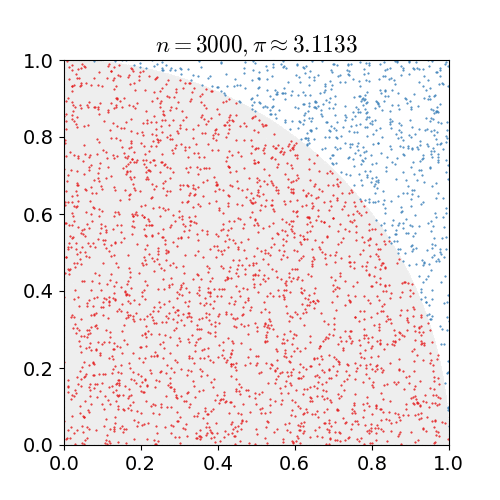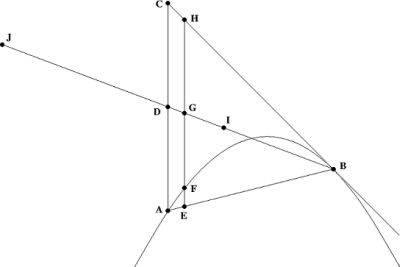In recent years we have often encountered … what might be called the insurrection of subjugated knowledges. When I say "subjugated knowledges," I mean two things. On the one hand, I am referring to historical contents that have been buried or masked in functional coherences or formal systematizations. I am also referring to a whole series of knowledges that have been disqualified as nonconceptual knowledges, as insufficiently elaborated knowledges: naive knowledges, hierarchically inferior knowledges, knowledges that are below the required level of erudition or scientificity. And it is thanks to the reappearance of these knowledges from below, of these unqualified or even disqualified knowledges, it is thanks to the reappearance of these knowledges: the knowledge of the psychiatrized, the patient, the nurse, the doctor, that is parallel to, marginal to, medical knowledge, the knowledge of the delinquent, what I would call, if you like, what people know (and this is by no means the same thing as common knowledge or common sense but, on the contrary, a particular knowledge, a knowledge that is local, regional, or differential, incapable of unanimity and which derives its power solely from the fact that it is different from all the knowledges that surround it), it is the reappearance of what people know at a local level, of these disqualified knowledges, that made the critique possible.
[My project, called ‘genealogies’ ] is a way of playing local, discontinuous, disqualified, or nonlegitimized knowledges off against the unitary theoretical instance that claims to be able to filter them, organize them into a hierarchy, organize them in the name of a true body of knowledge, in the name of the rights of a science that is in the hands of the few. Genealogies are therefore not positivistic returns to a form of science that is more attentive or more accurate. Genealogies are, quite specifically, antisciences. … This is above all, primarily, an insurrection against the centralizing power-effects that are bound up with the institutionalization and workings of any scientific discourse.
You know how many people have been asking themselves whether or not Marxism is a science for many years now, probably for more than a century. One might say that the same question has been asked, and is still being asked, of psychoanalysis or, worse still, of the semiology of literary texts. Genealogies' or genealogists' answer to the question "Is it a science or not?" is: "Turning Marxism, or psychoanalysis, or whatever else it is, into a science is precisely what we are criticizing you for. And if there is one objection to be made against Marxism, it's that it might well be a science."
To put it in … milder terms, let me say this: even before we know to what extent something like Marxism or psychoanalysis is analogous to a scientific practice in its day-to-day operations, in its rules of construction, in the concepts it uses, we should be asking the question, asking ourselves about the aspiration to power that is inherent in the claim to being a science. The question or questions that have to be asked are: "What types of knowledge are you trying to disqualify when you say that you are a science? What speaking subject, what discursive subject, what subject of experience and knowledge are you trying to minorize when you begin to say: 'I speak this discourse, I am speaking a scientific discourse, and I am a scientist.' What theoretico-political vanguard are you trying to put on the throne in order to detach it from all the massive, circulating, and discontinuous forms that knowledge can take?"
And I would say: "When I see you trying to prove that Marxism is a science, to tell the truth, I do not really see you trying to demonstrate once and for all that Marxism has a rational structure and that its propositions are therefore the products of verification procedures. I see you, first and foremost, doing something different. I see you connecting to Marxist discourse, and I see you assigning to those who speak that discourse the power-effects that the West has, ever since the Middle Ages, ascribed to a science and reserved for those who speak a scientific discourse."
 .
.
 .
.




